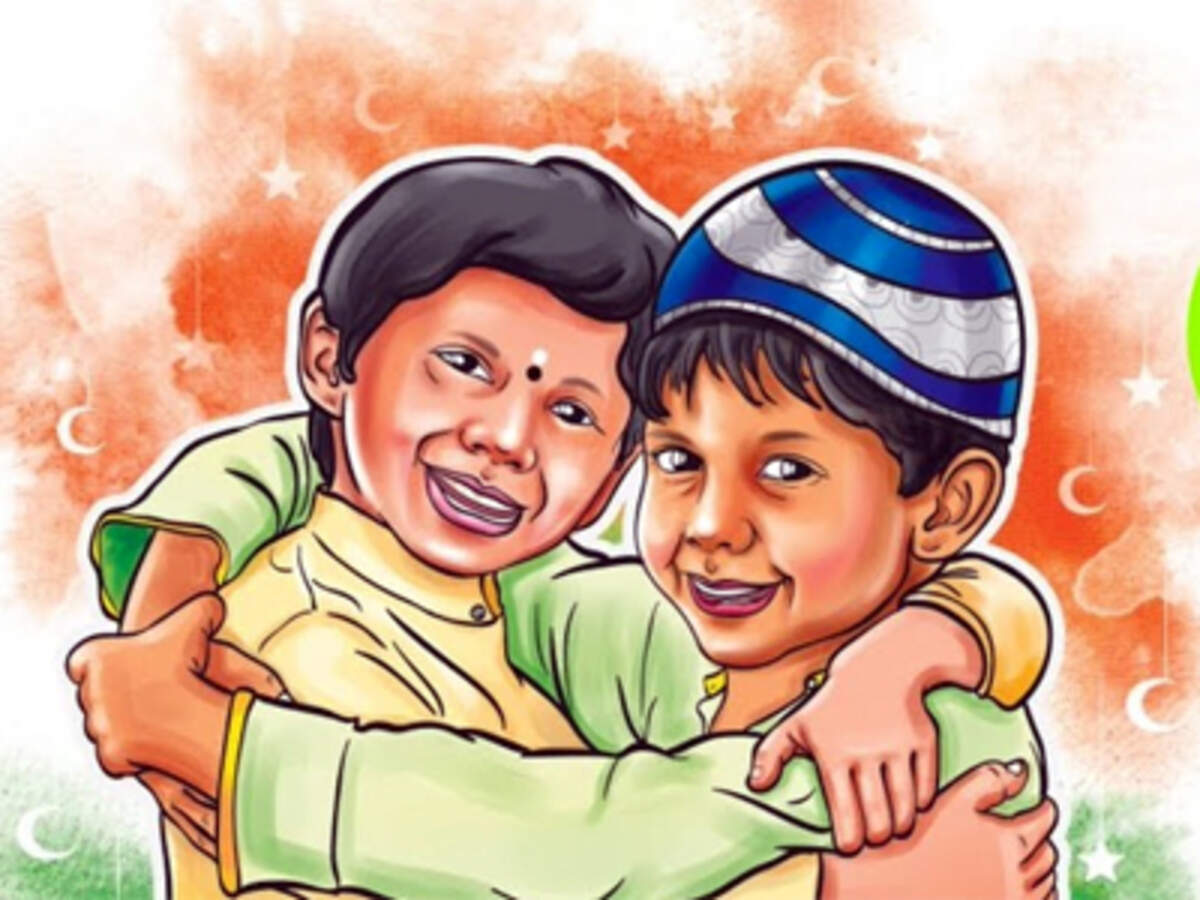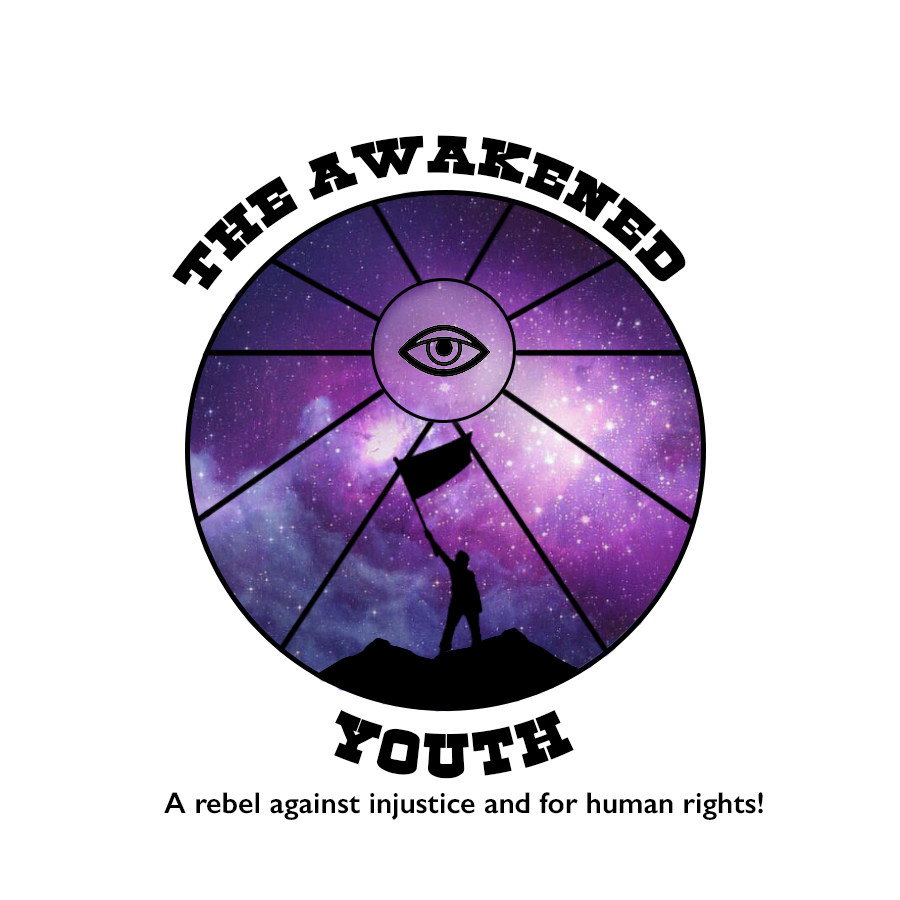|
For those who will rather listen
|
This is going to be an extremely educational article on the topic of how does India function. For a democracy to function its constitution is what plays the role of a rule book, which is very sacred, for it protects and serves us.
Constitution of India
in the previous part of the series, we covered everything about Parliament and its working methods.
In part 2, we will dive deep into the following topics and try to understand the exact role of a democracy:
- Freedom of Speech
- Language
- Privacy
- Religion
- Right to Education
Freedom of Speech
If I’m to jokingly put it, to be able to express whatever you want to you have to respect the right of Arnab Goswami to speak – when we can allow bullshit; we open ourselves to great ideas too. Think of it as a price you pay for execution and invention through great ideas.
Imagine your mother is being attacked. Those 4 goons outside of your house are forcing you to chant “Jai Shree Ram” otherwise they’ll beat the shit out of your family members. If you want to say I don’t believe in Hinduism – they attack you and your family.
Bajrang Dal is one such goon organization – they are quick to censor such things rather bullishly – sure you have all the rights to defend your religion – but abusing it as a show of power ain’t worth it.
If democracy is the common temple we all worship – they’ve got to be the monsters we need to fight from given that our God – the constitution is with us.
Freedom of speech is vital because it is the source of new ideas. Ideas move the world forward. Better ideas replace existing ones and allow better processes and systems. Unprecedented ideas have their own charm and usefulness. Civilization gets better because WE CAN SPEAK OUR MIND FREELY. It’s our RIGHT. We’re entitled to enjoy it.
However, there are “reasonable restrictions” defined in our constitution as well, three of the most controversial being – sedation, obscenity, and defamation.
Sedation has a history of being misused against the dissenters of government since the era of British rule. And recently supreme court has asked about its significance and demanded a response from the government.
There is a simple line that needs to be drawn properly, that is, speech that incites violence and that doesn’t.
Defamation again can be used against the general public rather vaguely.
The thin line? It protects an individual from complete false accusations such as someone claiming that a specific celebrity has connections in the underworld with no base at all. It can harm their reputation if it gets viral enough and enough people start believing it.
But it does not mean criticism can be banned.
Obscenity has no clear thin lines. It is controlled by “community standards.” Vague? For me, yes. If anyone knows better please comment.
Language
How will any speech ever be given if there is no language to express it?
We have two official languages in the central government that is – Hindi & English.
States can choose their own official language. And if enough people in a state are ready to make a language official in their state, the president of India can also make that language official in that state.
At the judiciary level, the supreme court has English as its only official language. English is a compulsory language in high courts as well, though the state can add other languages too.
History has been an advocate of Hindi – there’s been strong support for this. But the truth is India is made up of Malayalam, Telugu, Tamil, Punjabi, Bengali, and a total of 22 major languages mentioned in schedule 8 of the constitution.
And yes, more often than not English is bridging the communication gap unofficially among people of different states.
Privacy
It means our fundamental right to keep our personal life private. It’s our right to choose the information we share in the public. It’s an essential part of liberty. You must have seen Pegasus in headlines. This is why it’s a big deal.
For example, If you don’t want to tell the world about your past molestation or say even job pay – you have every right to protect that information and keep it to yourself.
Religion
Historically it has served as a rule book to different people. Now that we have policies & politics, we don’t need religion for this purpose anymore.
To me, religion means the values & principles you live by. Even prying and surrendering are part of religious practices. While I don’t necessarily buy that one has to have someone to worship.
People today use religion to express their spiritual education, to get connected to a community they believe in, and for they need the concept of “God” to function in day-to-day life.
Our constitution is by nature secular. That means it is indifferent to religion when it comes to making policies and passing judgments.
Our constitution provides religious rights under articles 25-28. A person can praise any religion, follow any religion, create a new religion, promote his religion, and even can establish an institution for his religion.
Yet we see communal conflicts and clashes all the time. I’ll counter that with just one line: Majhab nahi seekhata aapas mai bar rakhna. (Religion does NOT teach us to fight among ourselves in the name of religion.)

So the real question is are you a part of the problem or solution?
Right to education
Every citizen has a basic right to education. Education allows people to be more productive, find themselves jobs – and enterprises for that matter.
Education is the heart of everything that’s happening. An educated nation is enlightened and prone to progress.
Government schools are there for free education with common minimum conditions to function such as infrastructure, no. of teachers, and quality.
A mid-day meal for giving free food to kids is another great initiative.
We have major problems here though. Mid-day meal is often not hygenic and often it forces vegetarian diet on non-veg kids. Student and teachers are working as peons is whole another problem. There are hardly 12.17% of schools that meet common minimum conditions as of data till February 2019. Minority kids such as Dalits and Muslims still get a hard time in their schools – not all of them but significant of them.
More enrolment, better water, and more toilets are some positive changes in past years. The focus should be on practical learning, creativity, and science – and not on rot learning.
Thank you if you’ve read so far. This is it for part-2, this series will be concluded in part-3.
This series is based on ‘Consti Tuitiong Season 2’ by Newslaundry. Find the playlist here.
If you have found it educational, share it with your friends or cousins or uncles whoever would love to read it. Haha.
See ya! 🙂

